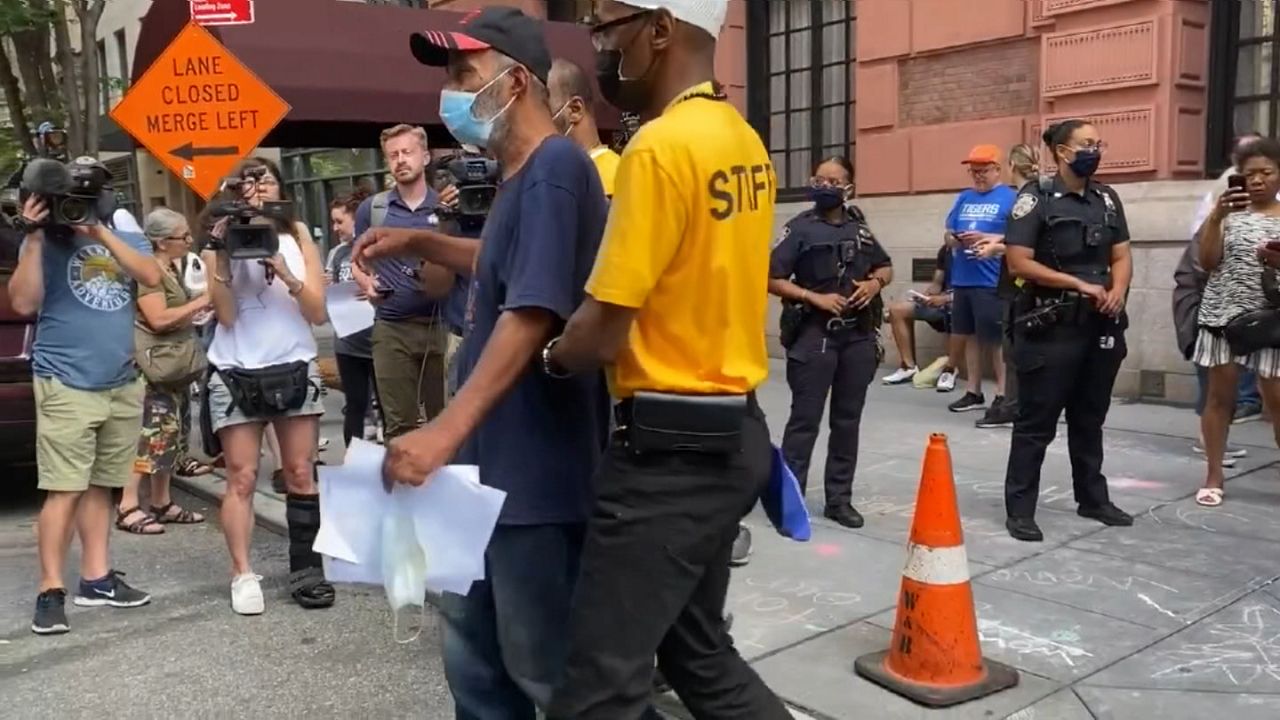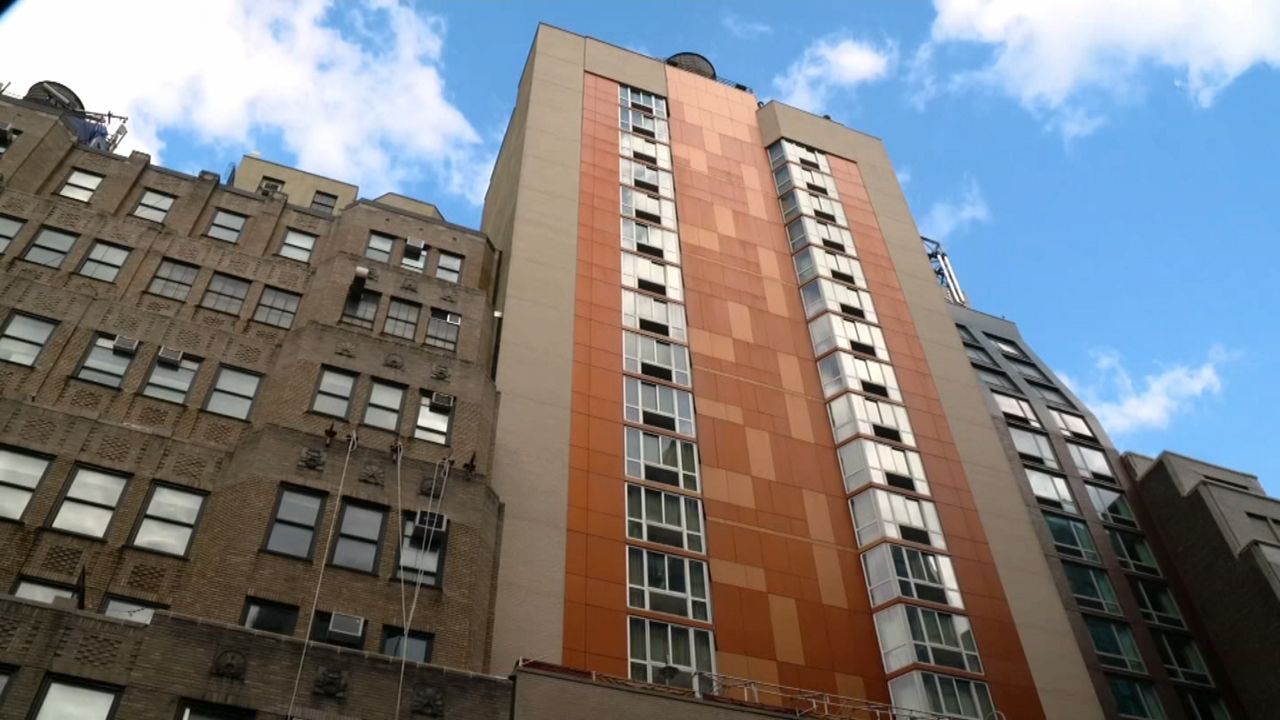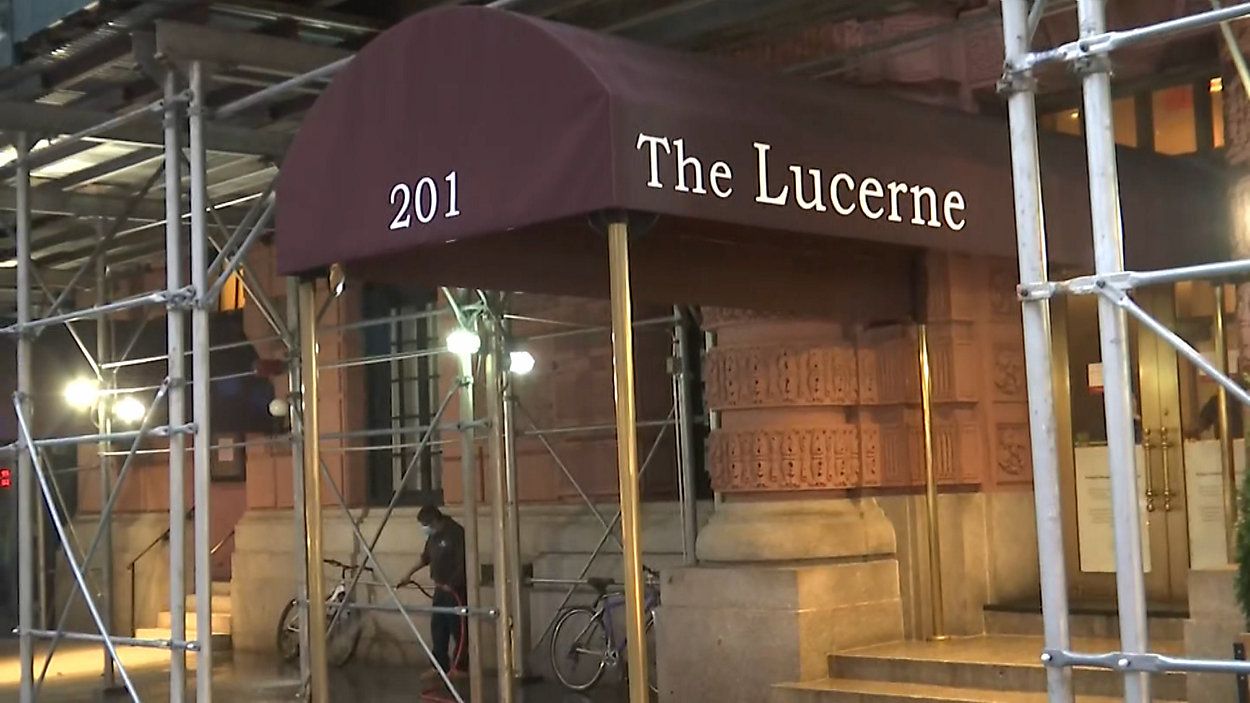Mattresses, side tables, chairs and more. What appears to be thrown away items, are now increasingly being used by homeless New Yorkers, as they turn areas into makeshift homes.
Case in point, here along Monroe Street near Market Street on the Lower East Side where the Q train barrels above across the Manhattan Bridge.
“I don’t like it, because it’s a little disturbing. I understand homeless people, I empathize with that but they fight a lot, it makes the neighborhood a little unsafe,” said one area resident.
Residents say they've called 311 and police to try and deal with the growing homeless population. Margaret Javor says it started with the pandemic and nothing has been done.
“It’s horrible, it’s scary, I walk in the streets, they wave to you, screaming, yelling, fighting at night, cursing,” said Margaret Javor.
We spoke with some of the people who have been living here for the past couple of months - most didn't want to be on camera but when we asked why they're choosing to stay here, the resounding answer is that shelters are too crowded.
"The fear going to a shelter is it’s overcrowded and catching another disease and stuff like that, people coughing over each other and stuff like that, people don’t even take showers,” said one homeless man.
When COVID-19 swept through the city, it quickly spread through the shelter system killing nearly 100 homeless New Yorkers.
The de Blasio administration ordered hotels to convert into makeshift shelters, sending thousands of homeless people to help them social distance, but this man, who has been living on the street for two and half months, says he didn't know anything about the hotel plan.
“I didn’t get no help, nobody came over here for any assistance for a shelter or hotel or anything,” the man said.
A spokesperson for the city’s department of social services says its teams do 24/7 outreach and are aware of the conditions, adding “our outreach teams have made two recent placements from this area to transitional or permanent housing opportunities.”
The DSS also says not everyone is willing to accept its help, but they plan to keep reaching out.







